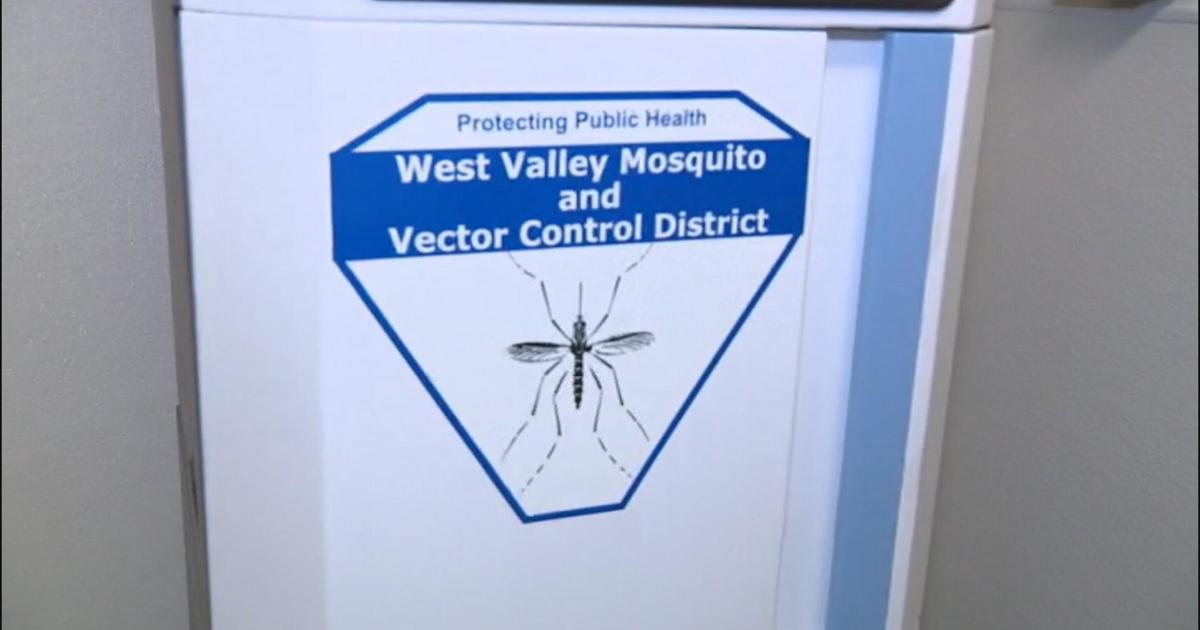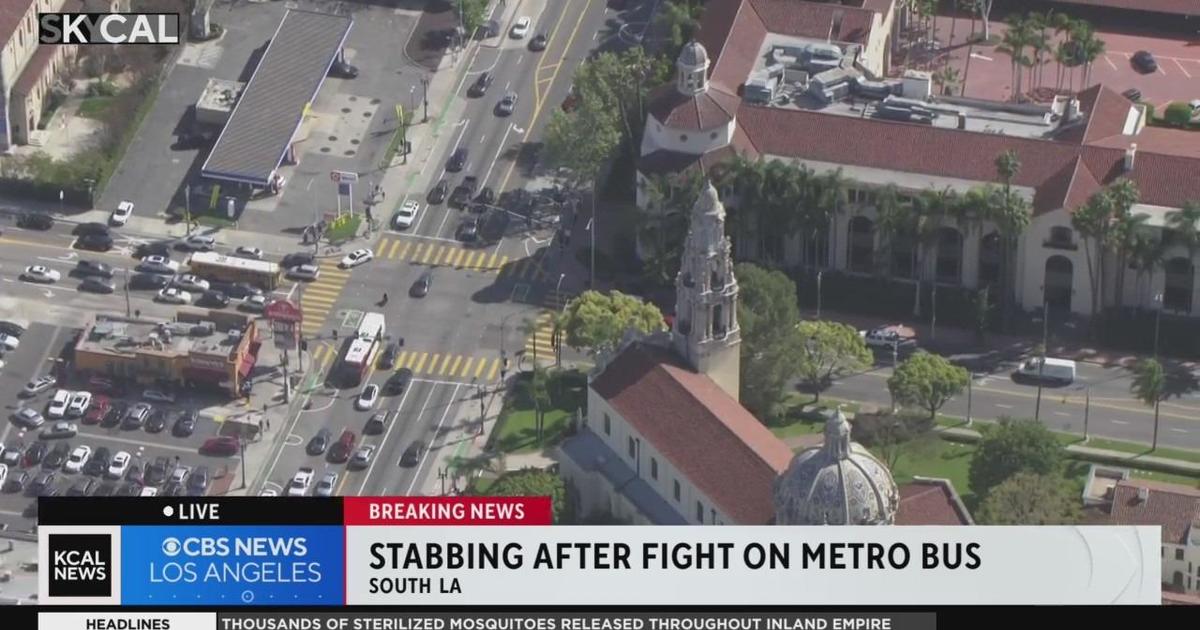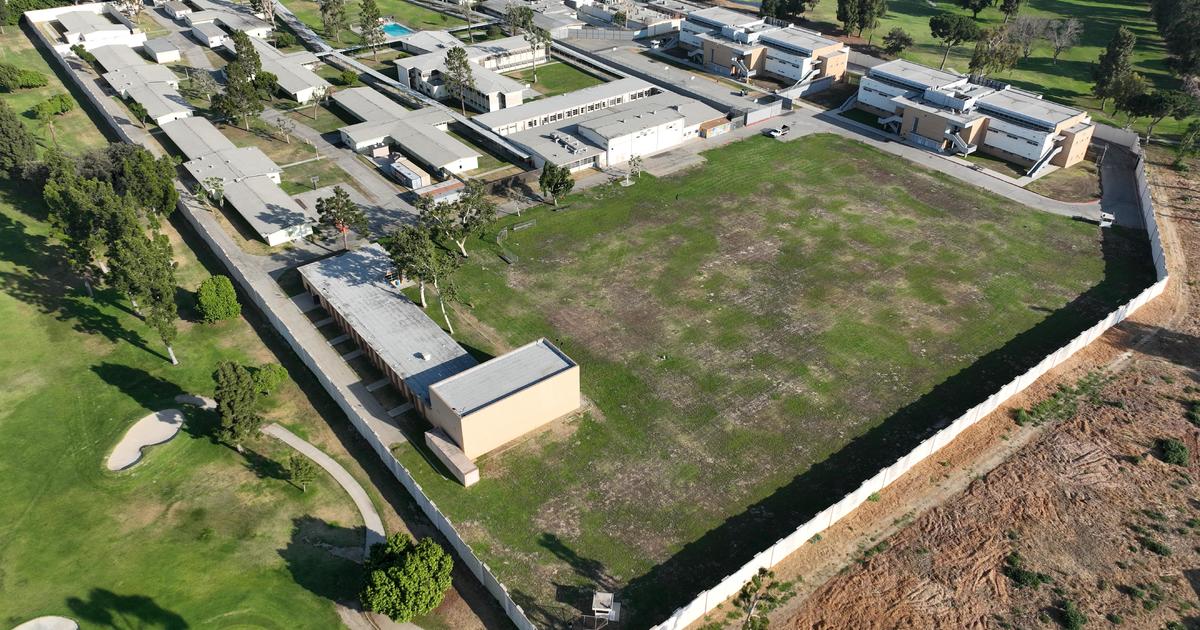California's Medi-Cal Program For Poor Grows To 12M
SACRAMENTO (AP) — Since California embraced the federal health care overhaul, the state's Medicaid program for the poor has added more than 2.7 million people, a surprisingly high number that has left the state to grapple with making sure there are enough doctors to care for all of them.
Medi-Cal, the $95 billion joint federal-state program, covers 12 million people — nearly one in every three residents — for their doctor visits, hospital care, pregnancy-related services, as well as some nursing home care, making California the largest health care purchaser in the state.
The figure accounts for 17 percent of the nation's Medicaid enrollment, even though California has 12 percent of the U.S. population.
Lawmakers and advocates say the safety net program has grown so big, so fast that without major fixes, California won't be able to provide quality health care for its poor.
"Medi-Cal is turning into an empty promise with an insurance card," said Molly Weedn, a spokesman for We Care for California, a coalition of doctors, hospitals, health plans and labor unions pushing for higher payment rates. Democratic Sen. Ed Hernandez of La Puente and Assemblyman Rob Bonta of Alameda plan to introduce legislation Wednesday to raise rates.
Even though the federal government has injected billions into California, doctors and hospitals say the state continues to pay much less than private insurance or Medicare for medical services. That's meant fewer primary care doctors and specialists are willing to treat Medi-Cal patients.
According to the California HealthCare Foundation, a health care philanthropy based in Oakland, 76 percent of primary physicians accept new patients through private insurance, but only 57 percent accept new Medi-Cal patients.
The result is that more Medi-Cal patients are ending up in emergency rooms, which is more expensive and doesn't provide ongoing care for serious diseases and illnesses, according to We Care for California.
Dr. Marc Futernick, who directs emergency services at California Hospital in downtown Los Angeles, said one Medi-Cal patient with advanced colon cancer came into his emergency room four times in five weeks because he was unable to see an oncologist or get the chemotherapy treatments he needed.
"It's much worse than just a couple years ago," Futernick said.
As Democratic legislative leaders look for ways to spend more on social services, Gov. Jerry Brown and Republican lawmakers fret about the state's ability to pay for its commitments. Medi-Cal costs grew 4.3 percent from $17.8 billion last year to $18.6 billion this year, or 16 percent of the state's general fund. The program also faces spiraling costs for seniors and specialty drugs.
While the federal government will pay 100 percent of the costs for newly eligible Medi-Cal recipients until 2016, it will be phasing down to a 90 percent share in 2020. The Brown administration projects it will cost $1.7 billion more for the state to cover the 10 percent.
One way the Brown administration has proposed controlling costs is to limit Medi-Cal enrollment to certain times of the year, similar to open enrollment for private health plans.
Sen. Richard Pan, D-Sacramento, a doctor who has called for Medi-Cal reform, said it would be shortsighted if the state doesn't increase provider payments to save money in the long run. He said the state needs to improve coordination of care, set and measure performance standards for contracting health plans and better manage chronic illnesses to reduce hospitalization rates.
"How can we not afford this?" he asked.
Chris Perrone, director of health reform at the California HealthCare Foundation, said the state's enrollment success stems from its decision to make it easier for low-income people to enroll. For example, the state negotiated a waiver from the federal government to start covering low-income childless adults in a transitional program as early as 2010.
The expansion has helped Richard Olivares, a 33-year-old homeless man in Sacramento. He gained access to a cardiologist for heart spasms and a psychiatrist for schizophrenia, anxiety and anger management issues. Medi-Cal also covered a recent jaw surgery from a fight.
"It's really been a blessing because I have a heart problem and every time I get sick, I'm able to go and see a doctor," he said.
When Medi-Cal expanded last year under President Barack Obama's health reform plan, the state struggled to enroll people fast enough and counties reported being hobbled by a new web-based enrollment system that didn't always work. California's backlog reached as high as 900,000, prompting threats from the federal government and triggering a lawsuit from patients and health care advocates.
Under the expansion, a person can make up to $16,105 or 138 percent of the federal poverty level to qualify for Medi-Cal, or $32,913 for a family of four.
The state Department of Health Care Services, which oversees Medi-Cal, said the backlog has been "virtually cleared." The department declined multiple interview requests to The Associated Press to explain its plan for handling the caseload, which is expected to grow as more immigrants in the country without documentation will be eligible for state-funded health coverage under Obama's executive order not to seek deportation.
A report released Thursday by the nonpartisan Legislative Analyst's Office warned that Brown's budget lacked funding for the immigration policy change.
(© Copyright 2015 The Associated Press. All Rights Reserved. This material may not be published, broadcast, rewritten or redistributed.)



